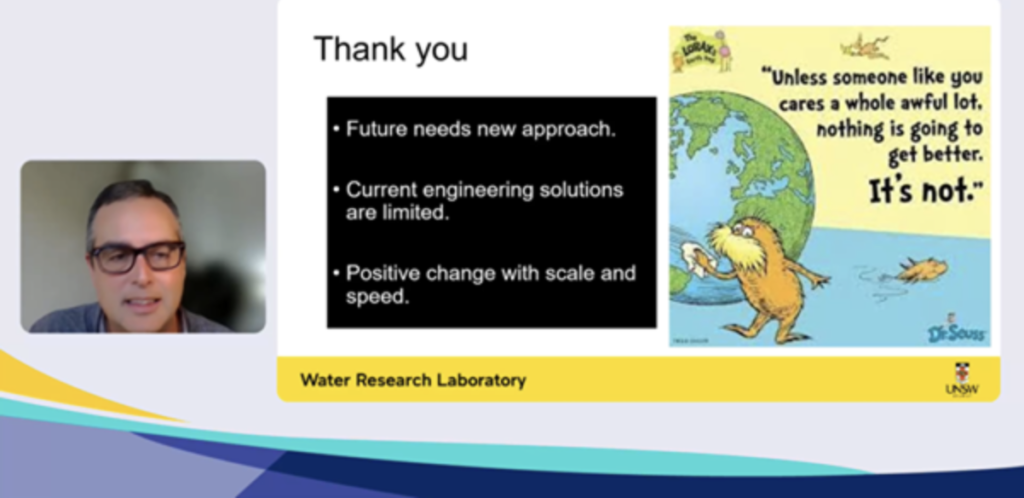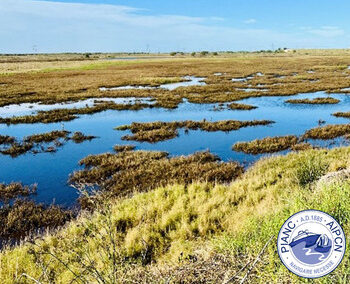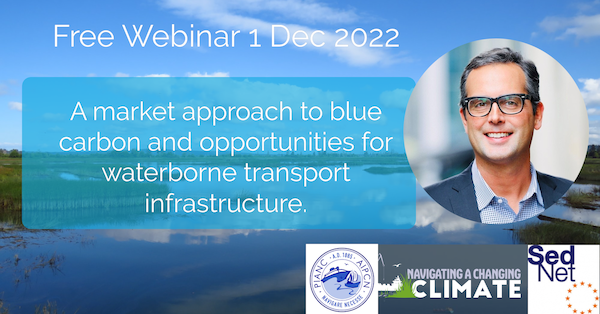NEWS FROM PIANC’s PERMANENT TASK GROUP ON CLIMATE CHANGE (PTG CC)
Report on PIANC-PTG CC Webinar – A Market Approach to Blue Carbon and Opportunities for Waterborne Transport Infrastructure – held on 30 November 2022. Available for viewing now.
On 30 November 2022, PIANC’s PTG CC delivered a webinar as part of a series of events being organised to mark one-year since the launch of the COP26 Pledge*. Our keynote speaker was Professor William Glamore from the Water Research Centre within UNSW Sydney and an internationally awarded expert in the fields of estuarine dynamics and intertidal restoration, including blue ecosystems. Will was also the Chair of PIANC A&NZ from 2017 – 2022.
Blue Carbon Opportunities
Sediments are an integral part of aquatic systems, the building block for natural habitats and an inherent component of many ecosystem services. Sediments and their associated aquatic habitats – blue carbon stocks – also play a vital role in sequestering and storing carbon.
Among the key points in this regard, Will highlighted:
– The limitations of conventional engineering approaches in addressing some of the existential climate and biodiversity issues the world now faces.
– The vital need to restore and enhance natural capital, particularly wetlands; and to capitalise on the extensive range of co-benefits including ecosystem service goods and services.
– The progress that can be realised by providing positive incentives and further developing the sustainable blue economy.
– The opportunities for landowners and farmers to contribute to the evolving ‘market’ for such water and biodiversity resources.
– How the port and navigation sector can both contribute to (e.g. through the beneficial use of dredged material) and benefit from (e.g. on their path to net zero) such initiatives.
Blue carbon markets offer a promising opportunity to capture and store CO2 emissions within Australia, Europe, the United States and worldwide, particularly within the international water transportation sector.
Following the presentation, and after a question-and-answer session, Dr Glamore was joined by two other international experts:
Michelle Orr, a water resources engineer and restoration practitioner with more than 25 years of experience in shoreline restoration planning and design, environmental compliance, and flood management. Michelle has worked along the US Pacific and Gulf coasts, and has particular expertise in the wetlands of San Francisco Bay.
Professor Nigel Pontee, who has over 30 years’ experience in coastal geomorphology and management. Nigel has contributed to the creation of over 1,700 ha of new wetland habitat in the UK and is currently working on several projects related to the carbon offsetting potential of marine habitats, including the development of a carbon code for coastal saltmarshes and research relating to the carbon content of restored habitats.
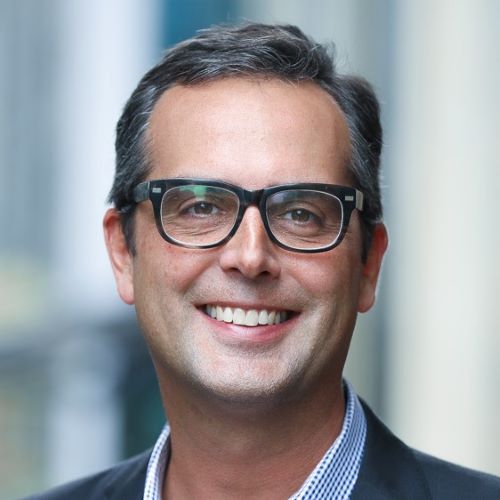
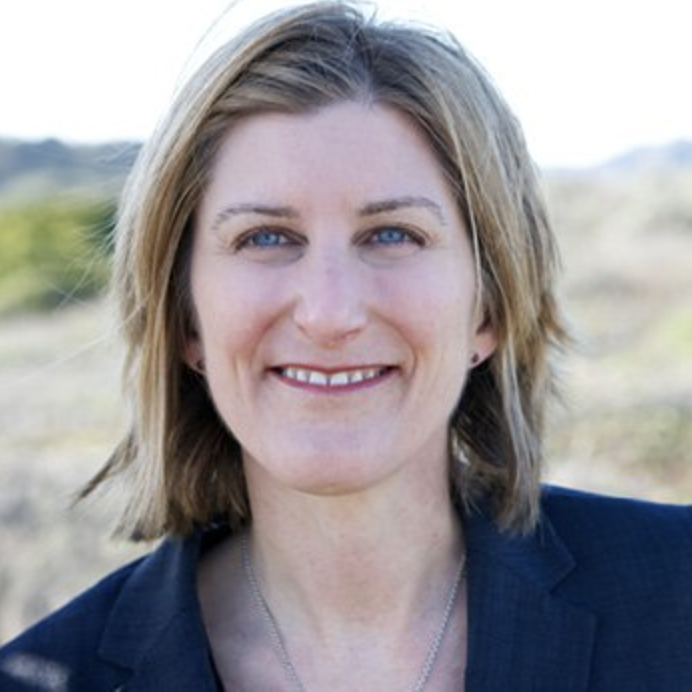
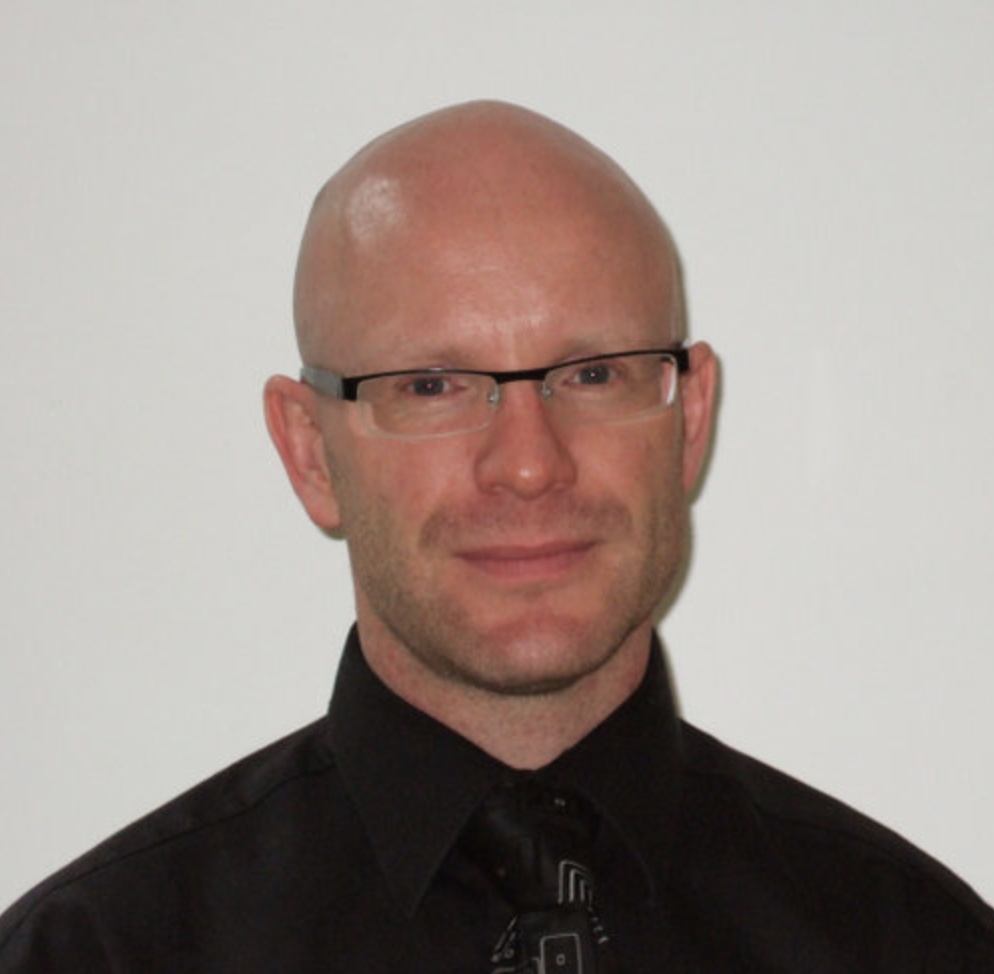
The wider panel discussion then explored the opportunities a blue carbon market might offer and some of the outstanding challenges, including the relevance of such a market in other countries. This discussion highlighted:
– The ‘charismatic’ nature of blue carbon; its association with dynamic wetland habitats and species; the many opportunities for local community approval giving it a ‘social-licence’.
– The potential interest of investors/the financial sector in blue carbon opportunities, but also recognising the relatively high blue carbon ‘value’ of mangroves in Australia compared to the perceived value of marshes in the UK or USA; this difference being linked, in part, to the extensive above-ground biomass of the former.
– The speed with which opportunities appear to be being realised in Australia vs. the expressed need for further development and trialling of codes and verification methods in many other countries.
– Outstanding research requirements, including exploring the blue carbon opportunities associated with sea grasses, kelp forests and other coastal and marine habitats.
– The perennial challenge, in many countries, of scaling-up nature-based solutions.
Notwithstanding the different rates of progress between the countries represented, the webinar left all participants enthusiastic and excited to help further the recognition and realisation of the significant opportunities that blue carbon offers.
The webinar is now available for viewing here.
Report from Jan Brooke
Chair PIANC’s PTG CC (Permanent Task Group on Climate Change)
* One year ago, at the COP26 international climate meetings, Navigating a Changing Climate (in which PIANC is a partner) and SedNet, the European Sediment Network, launched their COP26 Sediment Management Pledge. The Pledge recognises climate change as an existential threat and sets out how sediment managers can contribute to both decarbonisation and strengthened climate-resilience.
